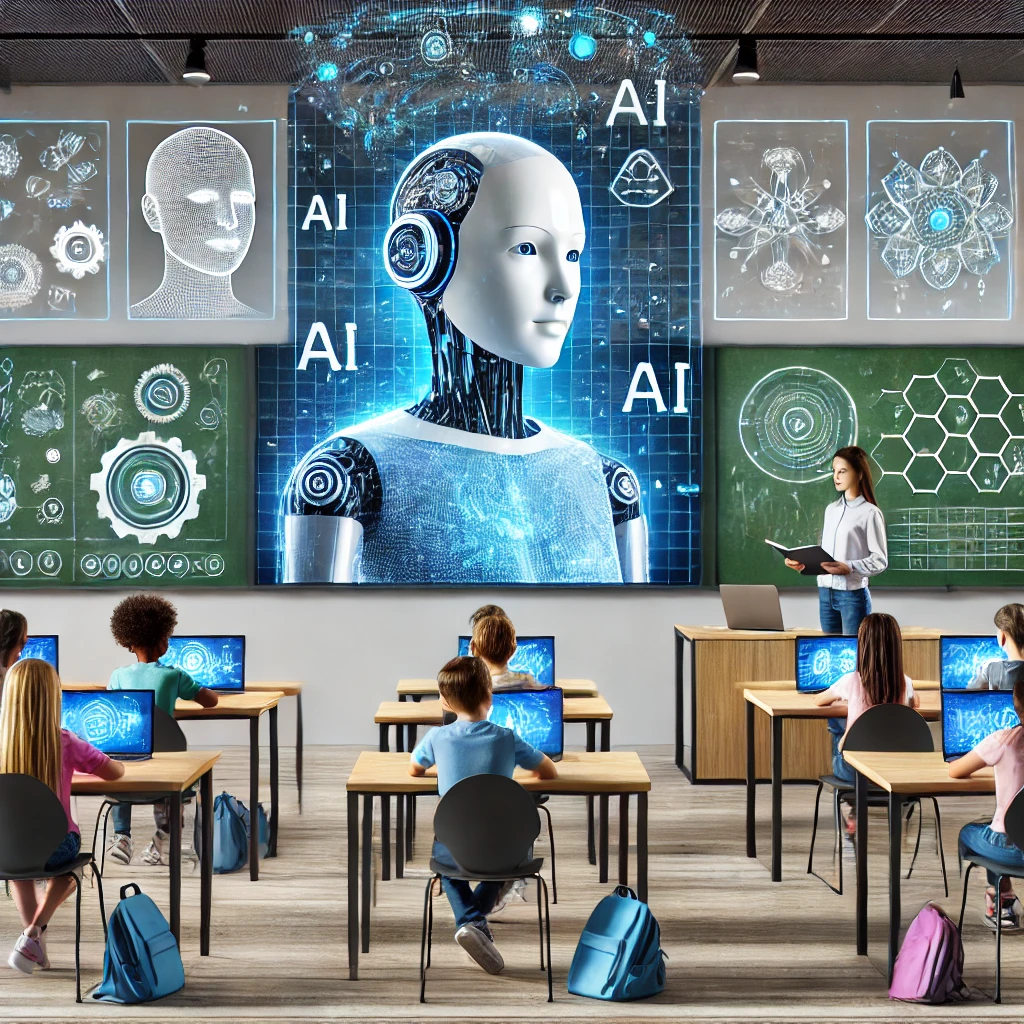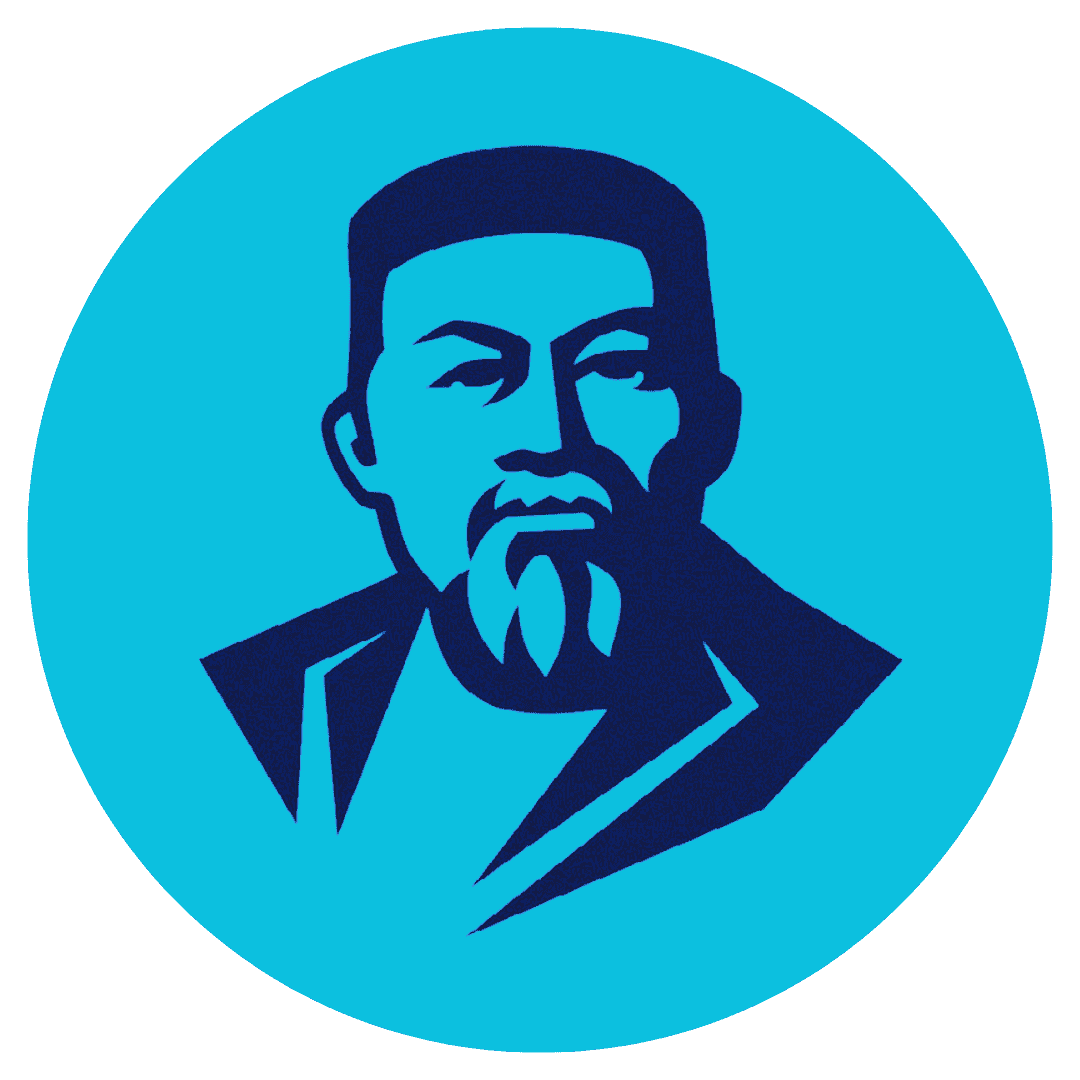
Artificial Intelligence (AI) has become an integral part of the education system, offering new approaches to teaching and learning. From personalized learning plans to intelligent tutoring systems, AI technologies are reshaping traditional education, making it more adaptive and inclusive.
Personalized Learning
One of AI’s key advantages is its ability to tailor the learning process to each student’s needs. For example, AI-powered platforms analyze students’ progress and adapt the material to match their readiness level. This allows learners to master subjects at their own pace, reducing gaps in knowledge.
Intelligent Tutoring Systems
AI is actively used to create virtual tutors that assist students in solving complex tasks. These systems not only provide guidance but also analyze students’ mistakes and explain the material. This reduces the workload for teachers and ensures that students can access support at any time.
Automated Assessment
AI technologies streamline the process of evaluating assignments and assessing knowledge. Algorithms can quickly and accurately analyze tests, essays, and other tasks, freeing up teachers to focus on personalized interactions with students.
Inclusivity and Accessibility
AI makes education more accessible for people with disabilities. For instance, speech and text recognition applications help individuals with hearing or visual impairments. Additionally, automatic translation into various languages facilitates the integration of students from different countries.
Challenges and Prospects
Despite its advantages, implementing AI in education faces several challenges. Significant investments in infrastructure and teacher training are required. There are also concerns about protecting student data and ensuring ethical use of technology.
However, the potential of AI in education is immense. These technologies not only simplify the learning process but also open up new horizons, making it more flexible and engaging.
Conclusion
Artificial Intelligence is not just a trend but a genuine opportunity to transform the education system. With AI, learning becomes accessible, efficient, and personalized. In the future, further integration of these technologies is expected to make the learning process more attractive for all participants.







